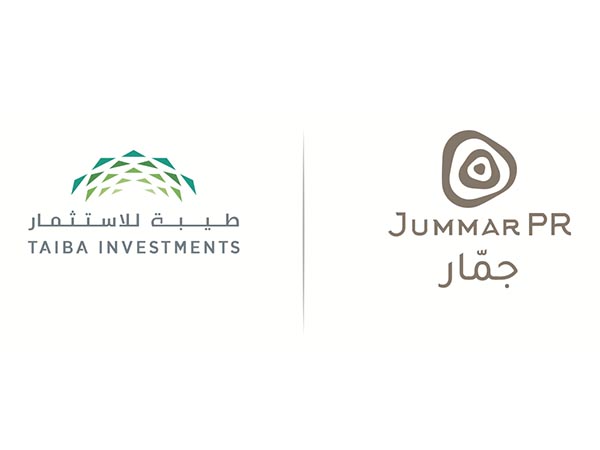Industry Talk
Communicating in Uncertain Times
by Jeff Chertack
February 8, 2016
A glance at the headlines over the past 12 months indicates that the only certainty is continued uncertainty in our region. In fact, that uncertainty is not confined to the MENA region. With oil prices dropping by 2/3 and China devaluing its currency and its markets faltering, we have been forced to reassess our assumptions about the global economic recovery and where growth will come from in the future. The impact that this will have on business plans and business models has yet to become clear – only time will tell the strong from the weak.
So what does a communicator entrusted with safeguarding corporate reputation do at a time like this? US President John F. Kennedy famously said in his 1962 State of the Union address: “The time to repair the roof is when the sun is shining.” Unfortunately, the rain clouds have gathered and we’ll know soon enough whether the roof is leaking. The knee-jerk reaction in such circumstances is to put projects on hold, slash budgets and programmes, hunker down and wait for the storm to pass. There are several reasons this stance makes for bad practice:
1) Communications paralysis: The same way it was difficult to predict these events, no one can say for certain when they will pass. Failing to make decisions and letting uncertainty paralyse you puts your company’s reputation in the hands of others. When a brand begins to lose connection with its stakeholders, it erodes the investment it made during the good years.
2) Signs of weakness: Continuing to build brand reputation telegraphs that the brand is strong. Retreating from the market, on the other hand – in the sense of slowing information flow, cancelling events and not communicating internally – sends signals of weakness. Staying the course demonstrates to stakeholders that a company is in business-building mode rather than going dormant. This can attract employees, help retain talent, attract investments and uncover opportunities that others might miss.
Remembering the fundamentals will ensure paralysis doesn’t take hold. Listening to what stakeholders are communicating and being agile will uncover opportunities in a difficult time. Engage more now, not less. And keep executing the strategy that you put in place – don’t be distracted by fluctuations. Take a lesson from the markets and don’t react based on emotion. Individual investors are traditionally unable to beat the market averages – they are moved by emotion rather than the fundamentals. So double down on your strategy, keep listening and be in the lead when the sun shines again.













